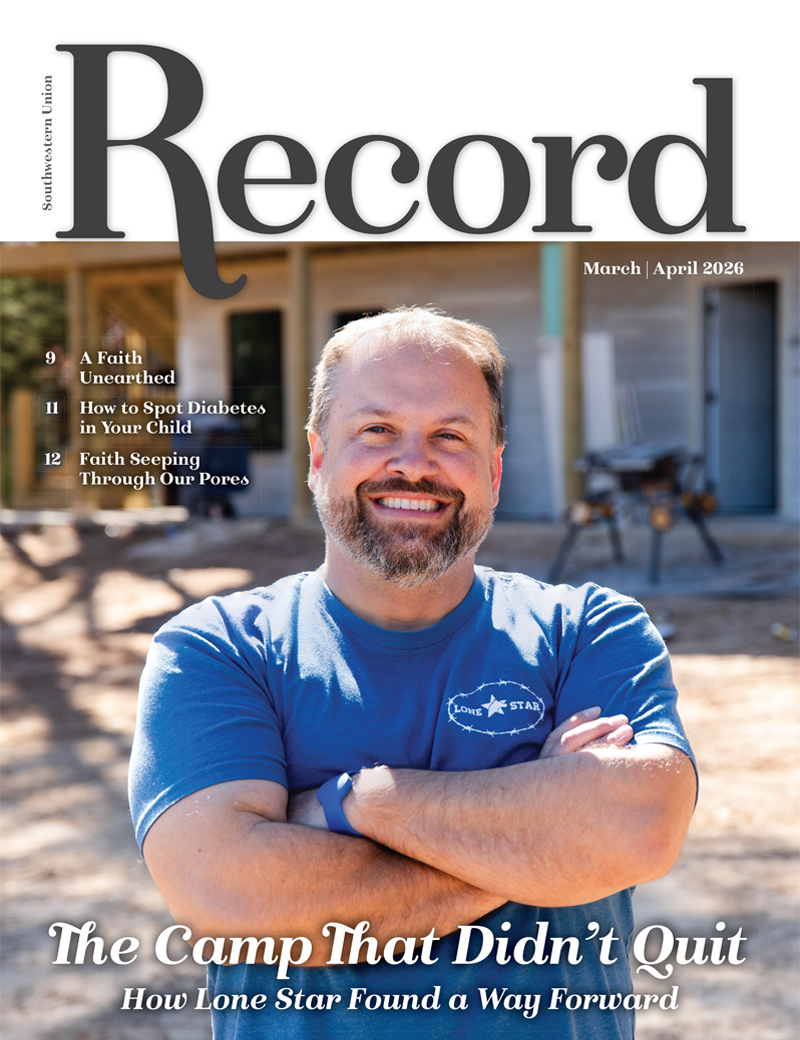Unity, Not Uniformity

Diversity is a word that we use so much these days. We recognize and celebrate our uniqueness. The beauty of the Church is that we are indeed a diverse community of faith. But when you look at how the Church started, it started with a very diverse group of men that Jesus called to follow Him. In these 12, there was a diversity of economic status, political beliefs, marital status, and personalities and the list goes on and on. It would be interesting to be a fly on the wall to overhear the discussions that the Disciples had, either amid a busy day of ministry or in the quietness before retiring for the evening. They didn’t always get along, so much so that, moments before they walked into the Upper Room on that last Thursday night to celebrate Passover, they were arguing about who was to be the greatest. But what is fascinating is that it is this diverse group of leaders that would help to take the Gospel to the ends of the Earth.
As I look around at the men and women that have been called into full-time ministry, I see that same diversity that the Disciples had millennia ago. In my quarter of a century of ministry experience, especially now in my role at the Texas Conference, I have ministered alongside some men and women who are very much like me, but also men and women who differ from me. One could ask,:ow can such a diversity of pastors work effectively together to expand the Kingdom? The answer lies in unity. Unity is not uniformity. Inherently in the idea of diversity is the understanding that there will not be uniformity. Each of us is called to minister in the beauty of who God created us to be. What unites us as pastors is the recognition and celebration of our diversity, which is the sum of our experiences, our personality and our gifts. It is our place in ministry, along with the overarching passion and understanding that “The church is God’s appointed agency for the salvation of men. It was organized for service, and its mission is to carry the gospel to the world,” as Ellen G. White stated in The Acts of the Apostles.
It is exciting to see, across the Southwestern Union, as well across the North American Division, pastors working across conference lines to better reach their communities with the Gospel, building on their diversity of skills, passions and experience. While in the past the lines between conferences were separating, today they are opportunities for collaboration and resource sharing. I have seen pastors of completely different backgrounds and skills working together in a geographic area to be the hands and feet of Jesus and sharing the good news of Christ’s soon coming. I firmly believe that continuing to celebrate and leverage the diversity of our pastoral workers will lead to seeing our communities of faith make great strides in impacting our cities, towns and villages for the Kingdom.
By Tom Grove. Grove is the associate director for ministry and evangelism at the Texas Conference.


